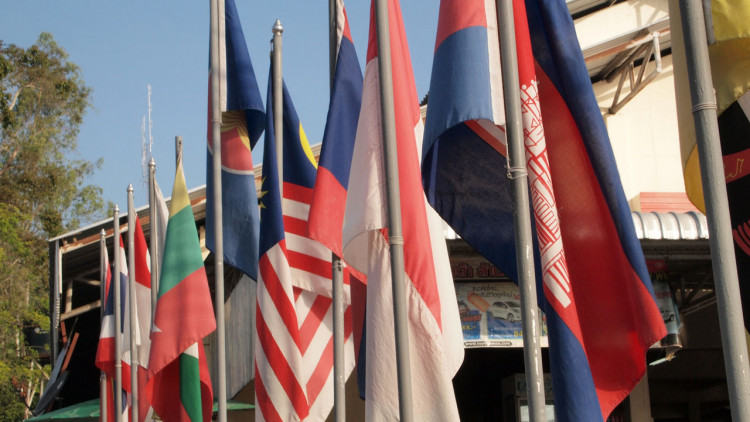ASEAN member nations and China have settled on a draft text to form basis during talks regarding the South China Sea Code of Conduct. The writing is a "living" document that shall continually be edited and updated by the situation in the disputed region.
China and several ASEAN nations, namely Brunei, Malaysia, the Philippines, and Vietnam, have overlapping territorial claims on the South China Sea for decades.
The agreement on the single text is a milestone for the China-ASEAN relations as developments have been dragging on for years. Discussions on the Code of Conduct begun in March this year, a year after the concerned parties adopted its framework in 2017. It also took long drawn negotiations before the nations agreed towards a full and effective implementation of the Declaration on the Conduct of Parties that was finalized in 2002.
The Declaration on the Conduct of Parties mandates that disputes on the South China Sea will be managed by peaceful means and by international law. The Code of Conduct, on the other hand, will set the guidelines on what constitutes "peaceful means."
In 2016, China and the ASEAN member countries had also agreed on a code of conduct for unexpected encounters in the South China Sea. In 2017, the parties agreed on having an emergency hotline for maritime emergencies that will occur in the disputed territories.
China's Foreign Minister Wang Yi welcomed the draft pact on South China Sea Code of Conduct and described it as a significant development.
"Past progress has shown that China and Asean countries have the ability to maintain peace and stability in the South China Sea, and have the wisdom to arrive at a set of regional rules of conduct that we all will observe," he said as quoted by The Strait Times.
Singapore Foreign Minister Vivian Balakrishnan announced the agreement on a unified draft text on Aug. 2 during the start of an annual ministerial meeting between China and ASEAN member nations. The Philippines is next to serve as the country coordinator for ASEAN-China Dialogue Relations that will run for August.
Meanwhile, Philippine Foreign Secretary Alan Peter Cayetano gave assurance that his country will remain constructive as it assumes the role of the ASEAN-China country coordinator after Singapore.
"We will play bridging or intermediary role (in pushing for the common interest to advance the dialogue partnership)," Cayetano said, according to a report from Xinhua.





